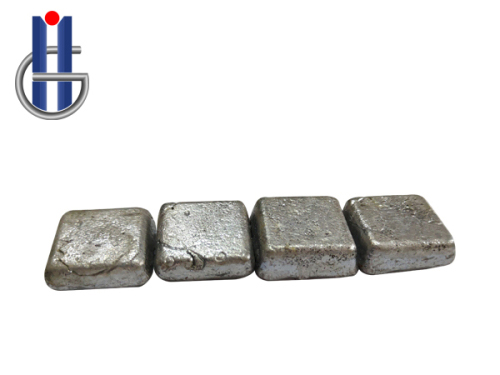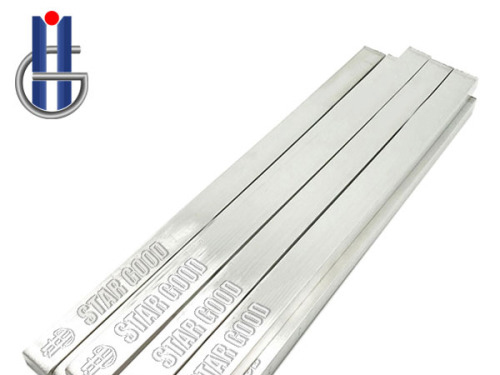Tin ingots, often overlooked in the realm of metals, play a significant role in various industries, contributing to advancements in technology, manufacturing, and beyond. This article explores the applications and impact of tin ingots, shedding light on their versatility and importance in contemporary industrial processes.
Tin ingots are the result of refining tin ore, and their applications span a wide array of industries. One notable use is in the production of solder, a crucial component in electronics manufacturing. The malleability and low melting point of tin make it an ideal material for creating reliable and conductive solder joints in electronic circuits. This application is pivotal in the assembly of electronic devices, ranging from smartphones to computers and beyond.
Beyond electronics, tin ingots find essential roles in the packaging industry. Tin-plated steel, often produced using tin ingots, creates corrosion-resistant and easily formable materials for packaging food and beverages. The use of tin in food packaging not only preserves the contents but also ensures the safety and quality of consumables.
Tin ingots also play a crucial role in the automotive sector, where they are employed in the production of bearings. Tin's anti-friction properties make it an excellent choice for creating durable and efficient bearings that reduce friction and contribute to the overall performance and longevity of automotive components.
In addition to its industrial applications, tin ingots have a historical significance in the production of pewter, an alloy that has been used for centuries in the crafting of tableware, decorative items, and even artistic sculptures. The luster and malleability of tin contribute to the aesthetic appeal and workability of pewter, making it a cherished material for artisans.
The mining and refining of tin ores to produce tin ingots have evolved with technological advancements. Sustainable mining practices, coupled with efficient extraction and refining processes, contribute to minimizing the environmental impact of tin production. Recycling initiatives further enhance the sustainability of tin usage, promoting a circular economy that reduces waste and conserves resources.
In conclusion, tin ingots, though often overshadowed by more well-known metals, play a vital and diverse role in modern industries. From powering the electronics that drive our daily lives to preserving the freshness of our food and contributing to the longevity of automotive components, tin ingots are truly unsung heroes in the world of materials science and manufacturing. As technology continues to advance, the importance of tin ingots is likely to grow, influencing innovations and shaping the future of various industries.



 High Purity Tin Ingot: Crucial Applications and Benefits
High Purity Tin Ingot: Crucial Applications and Benefits
 Pure Tin Ingot: Essential Material for Diverse Industrial Applications
Pure Tin Ingot: Essential Material for Diverse Industrial Applications
 Unlocking the Potential of Pure Tin Bars: Essential Components for Diverse Industries
Unlocking the Potential of Pure Tin Bars: Essential Components for Diverse Industries
 Lead Bar for Sale: Uses, Specifications, and Buying Considerations
Lead Bar for Sale: Uses, Specifications, and Buying Considerations